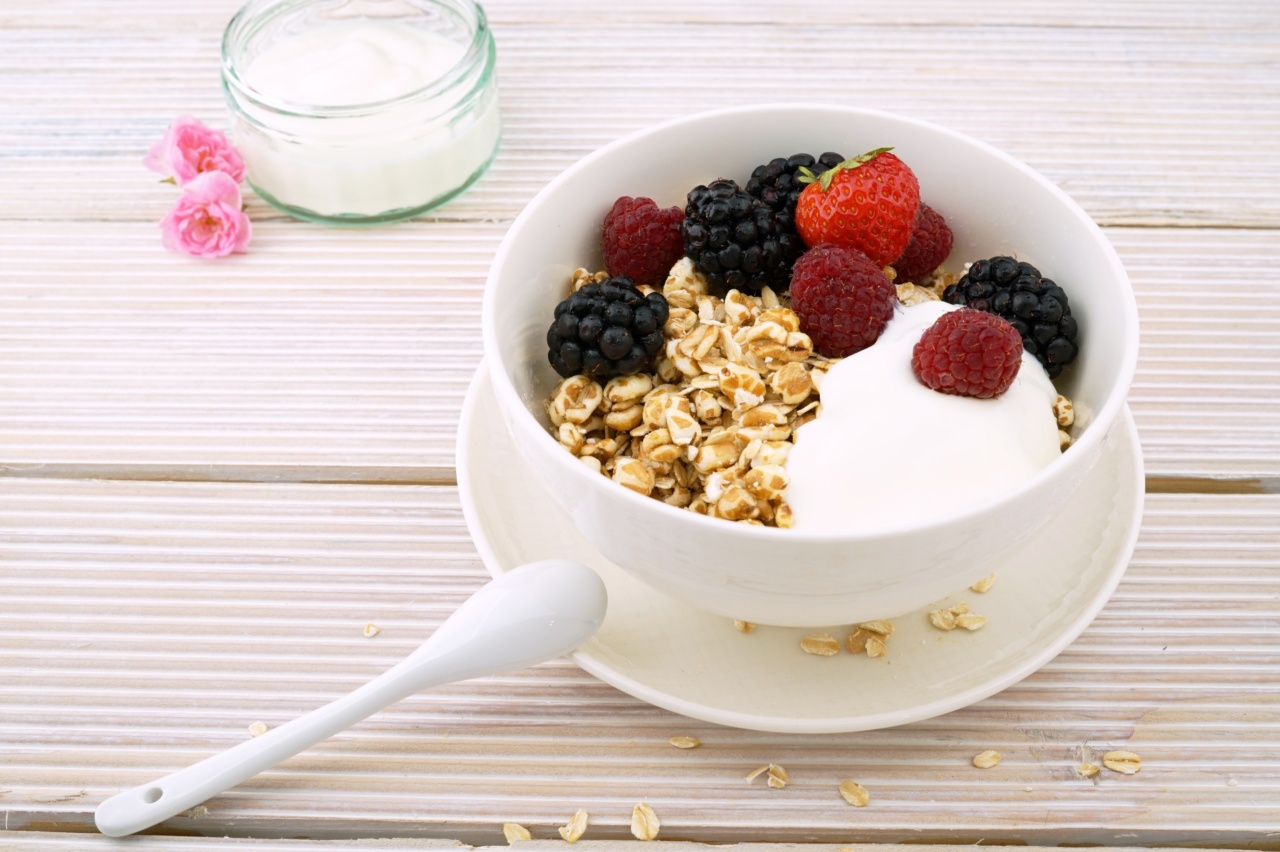Dairy foods are a staple in the diets of many people around the world. Milk, cheese, and yogurt are commonly consumed in a variety of cultures.
While dairy is a rich source of calcium, protein, and vitamin D, studies have suggested that the consumption of dairy may increase the risk of developing colon cancer. In fact, colon cancer is the second leading cause of cancer death in the United States, with approximately 104,610 new cases diagnosed each year. Here we discuss the impact of dairy foods on colon cancer development.
The Relationship between Dairy Food and Colon Cancer
Research has shown that people who consume a high amount of dairy products are more likely to develop colon cancer.
The possible mechanism behind this association is that the proteins and fat present in dairy foods may promote the growth of cancer cells, especially in the colon. Consuming dairy foods regularly has been linked with inflammation in the colon, which has also been known to increase the risk of colon cancer.
Moreover, when dairy products are processed into cheese, the concentration of fat and protein increases. As a result, cheese may confer a more significant cancer risk than other dairy products, such as milk or yogurt.
However, more research is needed to fully understand the relationship between dairy food and colon cancer development.
The Risks of High Dairy Consumption
Eating a high amount of dairy products can pose serious health risks, such as heart disease, obesity, and type 2 diabetes. Despite these risks, people continue to consume dairy foods in large quantities.
In addition to the risks associated with increased dairy consumption, dairy products are often high in calories, which can further contribute to weight gain and obesity.
The Benefits of Low-Fat Dairy Products
Research has shown that consuming low-fat dairy products, such as skim milk or low-fat yogurt, may reduce the risk of colon cancer. Low-fat dairy is a great source of calcium, protein, and other essential nutrients, but without the high-calorie content.
Low-fat dairy products may also reduce inflammation in the colon, which can decrease the risk of colon cancer.
Dairy Substitutes
Individuals who wish to reduce their intake of dairy products can opt for substitutes such as soy milk, almond milk, or coconut milk.
It should be noted, however, that these substitutes may not contain the same amount of calcium and other nutrients as dairy products. Therefore, individuals who decide to switch to non-dairy substitutes should ensure they obtain the necessary nutrients through other dietary measures.
The Bottom Line
Dairy products may increase the risk of developing colon cancer, especially when consumed in high quantities. However, low-fat dairy products may offer certain benefits, including potentially reducing the risk of colon cancer.
The best course of action is to talk to a healthcare professional to determine the proper amount of dairy intake for an individual’s specific needs and current health status.

























